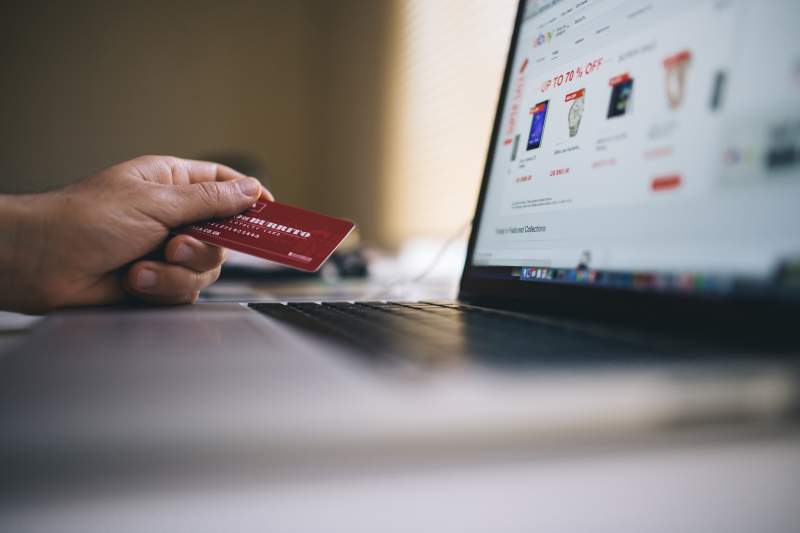Debit or Credit? Here’s Why All the Stores Are Asking…
I couldn’t stop to think about why every transaction I make at the store requires me to push “debit or credit”. At the end of the day, it makes very little difference to me. The exact amount of money will leave my account one way or another.
You would think that every purchase you make with your debit card would be processed as a debit transaction. But not so fast.
Even after sliding your debit card, you’re prompted to select whether you would like the transaction to be processed as “debit” or “credit.” No, the machine is not simply asking you what type of card you hold in your hand.
The selection you make comes with pros and cons: for you, for your bank, and the merchant. Here’s why they’re asking:
Why you may want to go the “debit” route
If you struggle to stay on top of what is in your account and you have the funds available to you right now, selecting debit is probably the way to go. Entering your PIN number is considered an “online” transaction with your bank, meaning the funds are pulled immediately and you can quickly check the balance remaining.
Making a debit card purchase with your PIN also gives you the option of receiving cash-back, in addition to paying for your purchase. If you are charged ATM fees, this is a great way to bypass those charges.
Merchants are also hoping you make this selection. Why? Because banks rake in a larger fee percentage from the merchant for purchases processed as credit rather than debit.
Why you may want to think twice
The peace of mind you get when funds are pulled from your account immediately after making a purchase can quickly turn into a headache if the merchant has a security breach or you slid your card in a machine with a skimmer attached. Suddenly a thief has access to the cash in your account, as opposed to a credit transaction where it can possibly be flagged before going through.
In addition, if fraudulent activity occurs with a debit transaction, you usually aren’t given the same protections as a credit transaction – you may instead be on the hook for some charges. For example, if you notice the charges within 48 hours, you won’t pay more than $50. If you don’t catch it for up to two months, however, you could be on the hook for as much as $500.
Some banks may also have a limit on the number of debit purchases that can be made in a day or the dollar amount that these purchases can add up to. So if you need cash afterwards, you could be denied. Or, depending on the issuing bank, debit card transactions could come with a fee attached.
Why you may want to go the “credit route”
For the same reason merchants prefer debit transactions, banks prefer credit transactions – it all comes down to fees. Since banks are able to charge merchants more, they sometimes try to sway consumers by offering rewards for credit purchases.
The biggest perk for the consumer – aside from avoiding the fees that are sometimes tacked on to PIN-based purchases – is increased protections against fraudulent activity. Credit purchases are run through the Visa and MasterCard network, meaning they are given the same protections as an actual credit card – you’ll be more likely to be fully reimbursed for fraudulent charges.
Why you may want to think twice
If you struggle to keep track of your purchases, selecting credit means allowing for a longer window of time for your account to be reconciled. By that time you could have already made a few more purchases and overdrawn your account.
And again, if you would rather help out the merchant – say they are a local shop that could use additional support – selecting credit may not be the way to go. Even with a cap placed on fees charged to merchants as a part of the Dodd-Frank Act, they still cause financial pain for some businesses.
Conclusion
While there are a few notable differences in how payments are processed, it’s important to note the similarities as well. Both selections are still pulling funds from your checking account — meaning it’s about the cash you have in your name, right now.
In addition, your particular debit card and the issuing bank may differ in how they treat each purchase. The bottom line? Know what your account and your card offer when it comes to fees and fraud protection. That knowledge can help you sort through the pros and cons and select what works best for you.
SOURCE: ReadyForZero Blog – Read entire story here.
